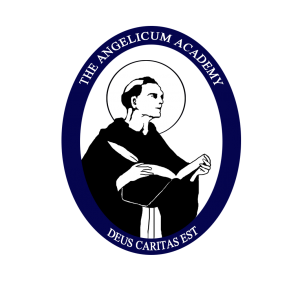Please explain how the family discount works.
wes9042024-02-12T20:56:50+00:00The Academy offers a 20% tuition discount for siblings after the first student is enrolled, as long as two or more siblings are enrolled. The "first student" is defined as the one with the highest total tuition (usually the oldest sibling student). For example, if two siblings are enrolled in the Academy home school program (which is $250 for grades 1-12), the first student would be $250, the next sibling student(s) would be $200, each. A sibling enrolled in the Great Books program – any of the three tracks of it (high school, college or A.A track) – would entitle siblings [...]

